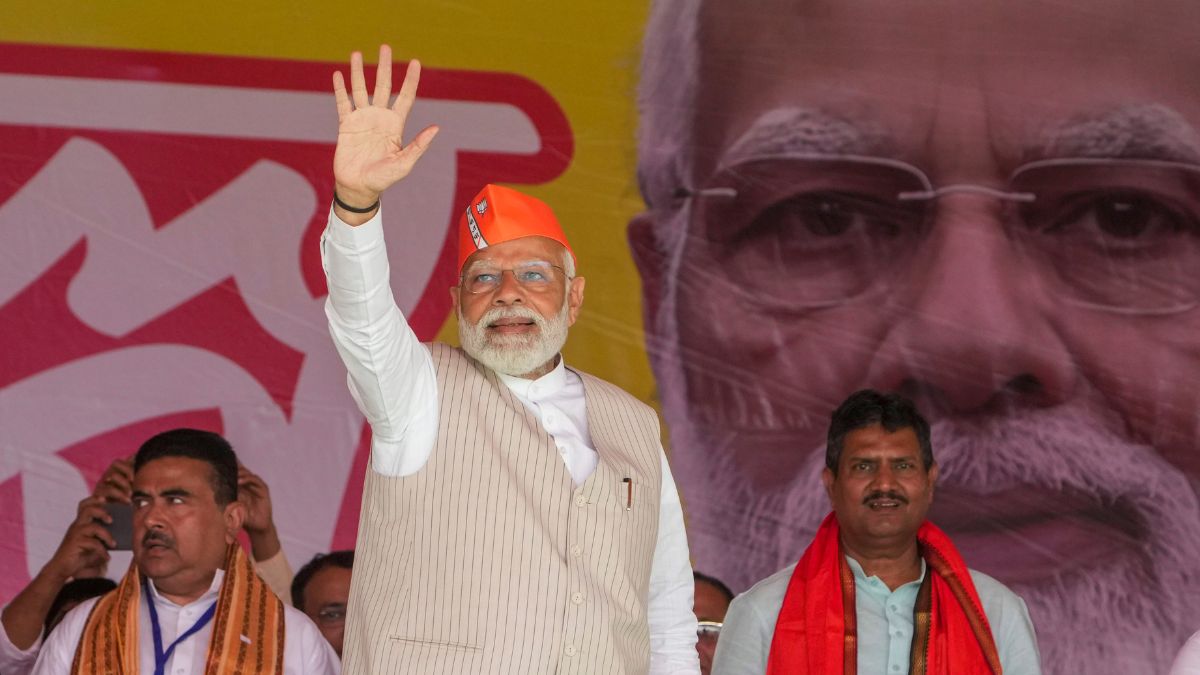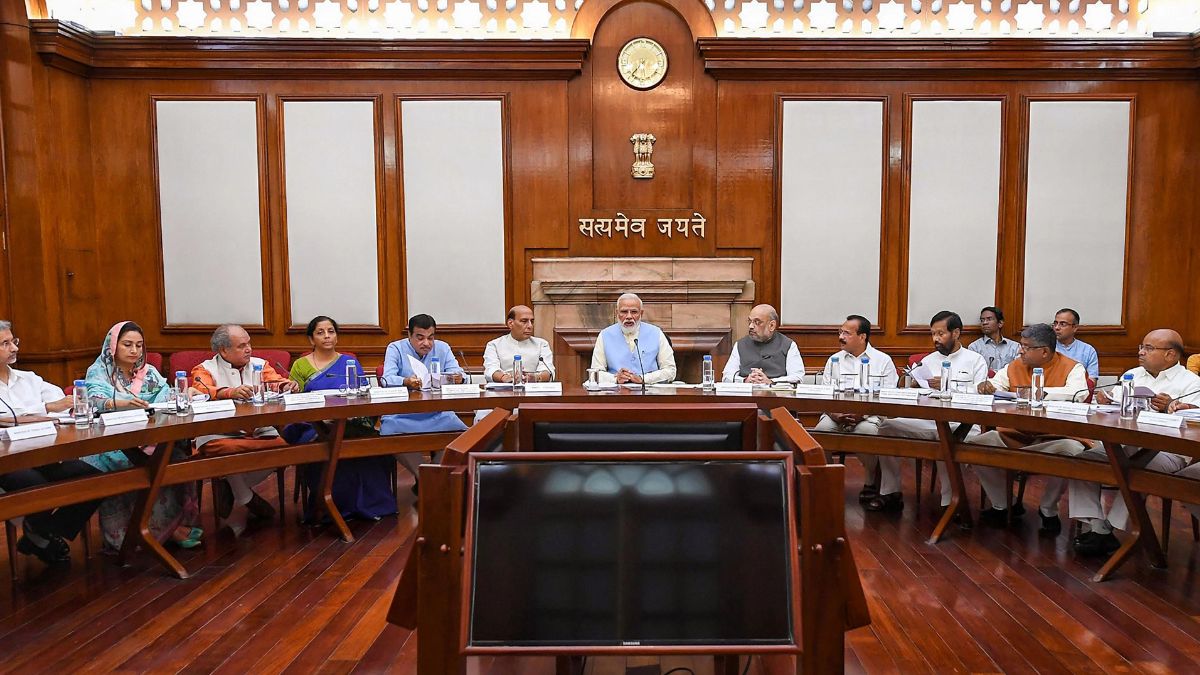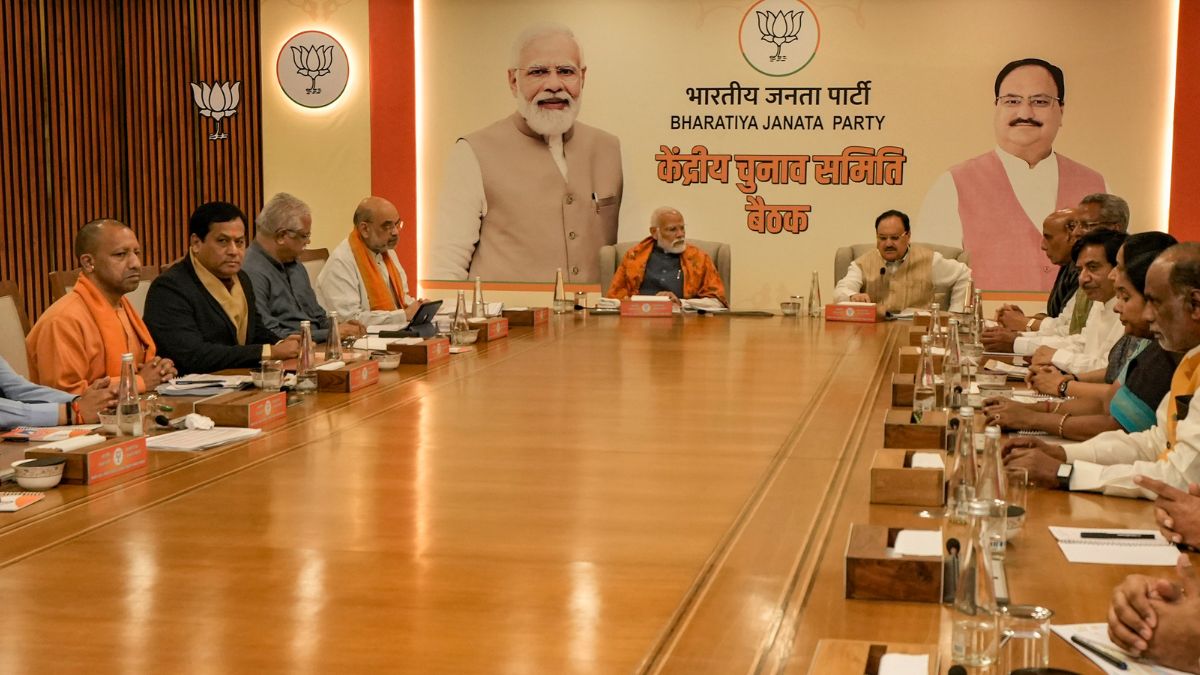Outgoing United Kingdom prime minister Liz Truss is a big backer of India and was all for boosting trade ties between the two nations. She believes India and the UK are in a “sweet spot of the trade dynamics that are building up”. But Truss has now resigned , making way for another premier, and this once again puts a big question mark on the much-spoken-about Free Trade Agreement (FTA).
What is the India-UK trade deal?
It was Truss who laid the groundwork for the deal in January 2022 when she was the international trade secretary. She signed off on the India-UK Enhanced Trade Partnership (ETP) on behalf of the Boris Johnson-led government.
“We are looking at a comprehensive trade agreement that covers everything, from financial services to legal services to digital and data, as well as goods and agriculture. We think there is a strong possibility for us to get an early agreement, where we lower tariffs on both sides and start to see more goods flowing between our two countries," she had said soon after signing the ETP.
The deal would be India’s biggest and most ambitious agreement, according to Bloomberg.
A Free Trade Agreement deal between two or more nations reduces or eliminates import-export tariffs among them. Under FTA, goods and services can be traded between the concerned countries with little or no tariff barriers. It essentially liberalises trade and removes protective barriers imposed on industry and manufacturing.
Under the FTA, India and the UK would be able to eliminate or significantly reduce customs duties on the maximum number of goods traded between them besides easing norms for promoting investments and services trade.
The deal could act as a “springboard” that allows India to seek an FTA with the European Union, which along with the United States, according to the Bloomberg report.
Truss was determined to get the FTA deal done preferably by Diwali – the deadline set by her predecessor Boris Johnson with Prime Minister Narendra Modi – but “definitely by the end of the year”.
Why did the pact hit a roadblock?
There has been some tension between India and the UK over the trade deal, especially after remarks made by Suella Braverman , who quit as home secretary earlier this week, fastening Truss’ exit.
Calling Indians “visa overstayers” , she said in an interview with The Spectator, “I have concerns about having an open borders migration policy with India because I don’t think that’s what people voted for with Brexit.”
Asked about visa flexibility for students and entrepreneurs under an India-UK FTA, she added, “But I do have some reservations. Look at migration in this country – the largest group of people who overstay are Indian migrants.”
“We even reached an agreement with the Indian government last year to encourage and facilitate better cooperation in this regard. It has not necessarily worked very well.”
Her comments did not go down well with India. The Times quoted government sources to say that ministers in New Delhi were “shocked and disappointed” by the “disrespectful” remarks made by Braverman, who said she had concerns about an “open borders” offer to India as part of an FTA.
The India-UK free trade agreement (FTA) is reportedly on the “verge of collapse”, it reported.
India-UK trade deal on the “verge of collapse” after Indian ministers reacted furiously to comments by Suella Braverman criticising migrants from their country. https://t.co/F2HrS7R8FE
— Yusuf Unjhawala 🇮🇳 (@YusufDFI) October 12, 2022
“There’s still a lot of goodwill but if certain individuals are still embedded in the [UK> government it will paralyse the talks,” the newspaper quoted a source as saying. There was a perception that Braverman was on a collision course with Truss, who was keen to clinch the deal. With the recent developments, the Diwali deadline is certainly out of reach.
With Truss gone, what happens to the pact?
India’s talks with the UK on the proposed FTA are well on track, but New Delhi will have to “wait and watch” the ongoing political developments in Britain, Commerce and Industry Minister Piyush Goyal said on Thursday.
“We will have to wait and see… what happens, whether they have a quick change of the leadership, whether it goes to the whole process… So let us see who comes into the government and what their views are. It’s only after that we will be able to formulate a strategy vis a vis the UK,” Goyal said at the Confederation of Indian Industry’s national exports summit in New Delhi.
However, he added that politicians and businesses across the board in the UK recognised that it is “very” important for them also to do an FTA with India. “So my own sense is that whoever comes into the government will be wanting to engage with us,” he added.
Politicians & businesses across the board in the UK recognised that it's very important for them also to do an FTA with India...But I would believe that our FTAs with the UK, Canada, EU, one or two more we may launch soon, all that is well on track: Union Min Piyush Goyal (20.10) pic.twitter.com/HAsvmepWjy
— ANI (@ANI) October 20, 2022
The minister said that the trade pact should be fair, equitable and balanced. It has to be a win-win for both sides and there is no deal unless both are satisfied, he said.
The uncertainty in the UK has significantly affected the deal. First came the resignation of Boris Johnson in July and then Queen Elizabeth II passed away in September, leading to a 10-day mourning period. Truss took over from Johnson but her contentious tax cut plan again created a stir in the country, leading to her resignation.
So when will the deal be signed?
It is unlikely that the deal will now be signed before 2023 because of the political upheaval in the UK.
According to a report in Hindustan Times, India has stuck to its stance on issues of mobility of professionals, students and automobiles. It has hinted that it will not compromise on these matters.
“The signing off on the FTA is not expected till next year. At best, there could be some sort of announcement this month,” a person familiar with the negotiations told the publication.
Trade analysts believe that the political turmoil in the UK will take up all the attention of the country’s politicians. British negotiators won’t be able to take any big decisions in the absence of credible policy directors, reports Financial Express.
It does help that India will soon start prepping for the general elections. The government will not want to bring in a deal in the midst of that and “upset the domestic industry”, analysts told the publication.
Jayant Dasgupta, former ambassador of India to the World Trade Organization (WTO), told Financial Express, that the deal involves a lot of give and take. This isn’t a great time to “concede” for any party, especially the UK, he added.
With inputs from agencies
Read all the Latest News , Trending News , Cricket News , Bollywood News , India News and Entertainment News here. Follow us on Facebook , Twitter and Instagram .


)




)
)
)
)
)
)
)
)